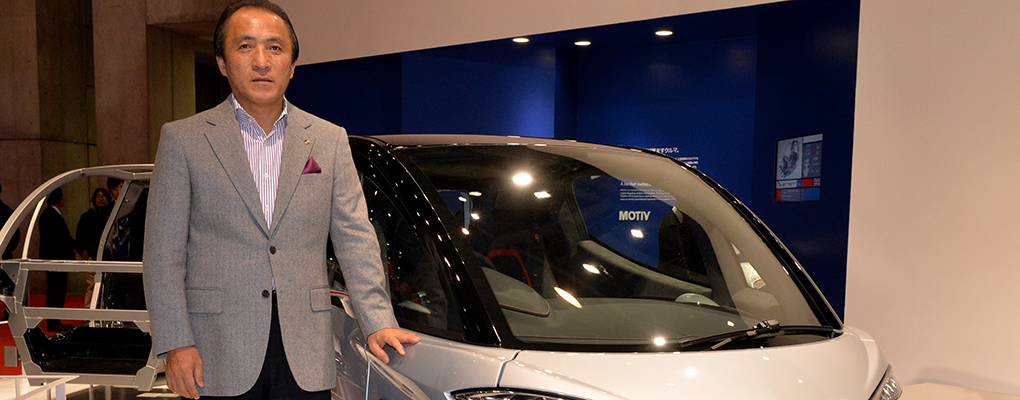
The world’s second biggest motorcycle maker will team up with former Formula One car designer, Gordon Murray, in a move to diversify business to target fuel-efficient drivers in Europe. While motorbikes will still account for two-thirds of the company’s core business, the ambitious effort, which will involve building a manufacturing plant in Europe, will see Yamaha foray into a city car market that its rivals, including Renault, Daimler and Toyota, have yet to establish a presence in.
European minicar sales will only increase from 1.1 million units last year to 1.24 million in 2020
“In order to become a bigger company, we need to try something new in addition to our existing businesses”, said Hiroyuki Yanagi, Yamaha’s chief executive, speaking to the Financial Times, “I think we have a chance to capture this new market that is developing in Europe.”
The company’s prototype, the Motiv, was unveiled at the 2013 Tokyo Motor Show with development of the microcar based on motorcycle technology. The two-seater, available in both one litre and electric versions, will be sold to respond to the crackdown on carbon dioxide emission in European cities, with a view for sales to be considered in Japan and other Asian countries.
Rather than team up with Toyota, which is one of its biggest shareholders with a 3.6 percent stake, Yamaha has decided to venture into the market solo with the Motiv set to be its first car since the late 1960s. European minicar sales will only increase from 1.1 million units last year to 1.24 million in 2020, as estimated by IHS Automotive, and while Yamaha is more than capable of jumping the technological hurdles required to succeed, establishing a sales network will be difficult in an already crowded market.


